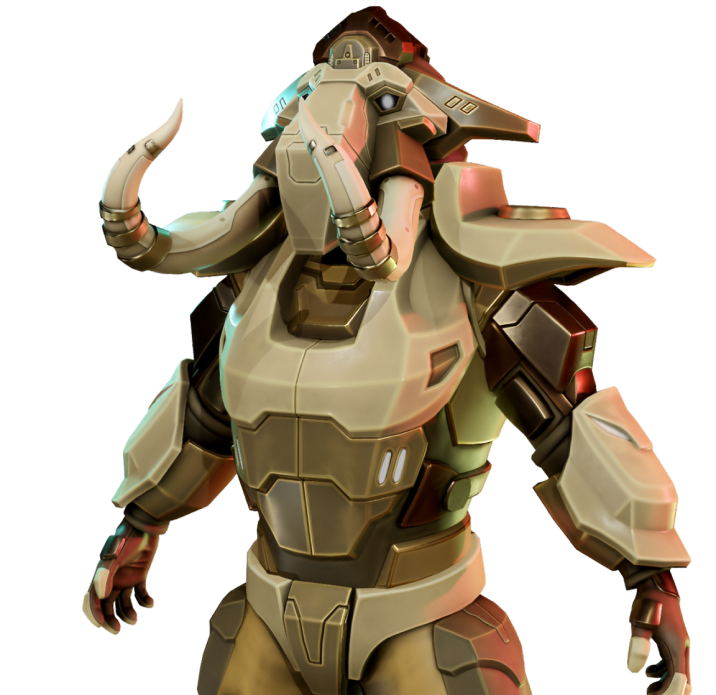The gaming industry is undergoing a revolution with the rise of Web3 gaming solutions. Unlike traditional gaming, where developers control in-game assets and economies, Web3 gaming leverages blockchain technology to empower players with real ownership, decentralized finance (DeFi) mechanics, and new monetization strategies.
From NFT-based economies to play-to-earn (P2E) models, Web3 gaming solutions are transforming how developers create, monetize, and sustain their games. In this article, we’ll explore how blockchain is redefining the gaming industry and the innovative ways developers are making money in a decentralized world.
1. What Are Web3 Gaming Solutions?
Web3 gaming solutions refer to the integration of blockchain, decentralized applications (DApps), smart contracts, and NFTs into gaming ecosystems. These technologies enable:
- True digital asset ownership through NFTs
- New revenue streams via play-to-earn and tokenized rewards
- Decentralized governance through DAOs (Decentralized Autonomous Organizations)
- Interoperability where in-game assets can be used across multiple games
2. Key Monetization Strategies in Web3 Gaming
A. Play-to-Earn (P2E) Models
Play-to-earn mechanics allow gamers to generate revenue by participating in gameplay. Players earn cryptocurrency rewards or NFTs by completing challenges, battling other players, or staking assets.
- Encourages long-term engagement
- Allows players to monetize their time and skill
- Generates revenue for developers through transaction fees
B. NFT-Based In-Game Economies
Developers are replacing traditional in-game assets with NFTs, allowing players to buy, sell, and trade items securely on blockchain marketplaces.
- Rare skins, weapons, and avatars as NFT collectibles
- Interoperability – Items can be used across multiple games
- Dynamic economies where players control asset supply and demand
C. Tokenomics & Game Cryptocurrencies
Many Web3 games introduce their own native tokens, which can be:
- Earned through gameplay or staking
- Used for in-game transactions, governance, and rewards
- Exchanged for real-world fiat currency or stablecoins
D. Decentralized Autonomous Organizations (DAOs)
Some Web3 games allow community-driven governance, where players vote on game updates, rule changes, and economy adjustments. This model creates:
- Player-driven economies
- Crowdsourced game improvements
- Stronger community engagement
3. How Developers Are Implementing Web3 Gaming Solutions
A. Blockchain Networks for Gaming
Developers are choosing different blockchains based on transaction speed, gas fees, and scalability.
- Ethereum – Most popular for NFT-based games but faces high gas fees
- Polygon – Lower fees and faster transactions, ideal for gaming
- Binance Smart Chain (BSC) – Cost-effective for game token transactions
- Immutable X – Zero gas fees for NFT transactions, built for gaming
B. Smart Contracts & Automation
Smart contracts power Web3 gaming economies, automating:
- NFT minting for unique in-game assets
- Crypto transactions for in-game purchases
- Reward distribution in play-to-earn models
4. Challenges in Web3 Gaming & How Developers Overcome Them
Despite its potential, Web3 gaming solutions face challenges:
- Scalability Issues – High demand can lead to slow transactions and network congestion
- Security Risks – Smart contract vulnerabilities can lead to exploits and hacks
- User Accessibility – Many players are unfamiliar with blockchain wallets and crypto transactions
Solutions:
- Layer-2 scaling solutions (e.g., Polygon, Immutable X) for faster transactions
- Smart contract audits to enhance security
- User-friendly onboarding through simple wallet integrations (e.g., MetaMask, Coinbase Wallet)
5. The Future of Web3 Gaming Solutions
The next phase of Web3 gaming will see:
Metaverse Integration
- Games merging with virtual reality (VR) & augmented reality (AR)
- Shared universes where assets move between games
AI-Powered Smart Contracts
- AI-driven economies that balance in-game asset value
- Automated fraud detection in play-to-earn games
Mass Adoption by AAA Studios
- Major gaming companies integrating Web3 mechanics into mainstream franchises
- Hybrid models combining Web2 (traditional) and Web3 (decentralized) gaming
Conclusion: Web3 Gaming Solutions Are Reshaping the Industry
With Web3 gaming solutions, developers are pioneering new ways to monetize games while giving players more control over in-game assets. Blockchain-powered play-to-earn models, NFT economies, and decentralized governance are pushing the boundaries of gaming innovation.
As technology advances and adoption grows, Web3 gaming will become an integral part of the gaming industry, bridging the gap between virtual and real-world economies.





Leave a comment